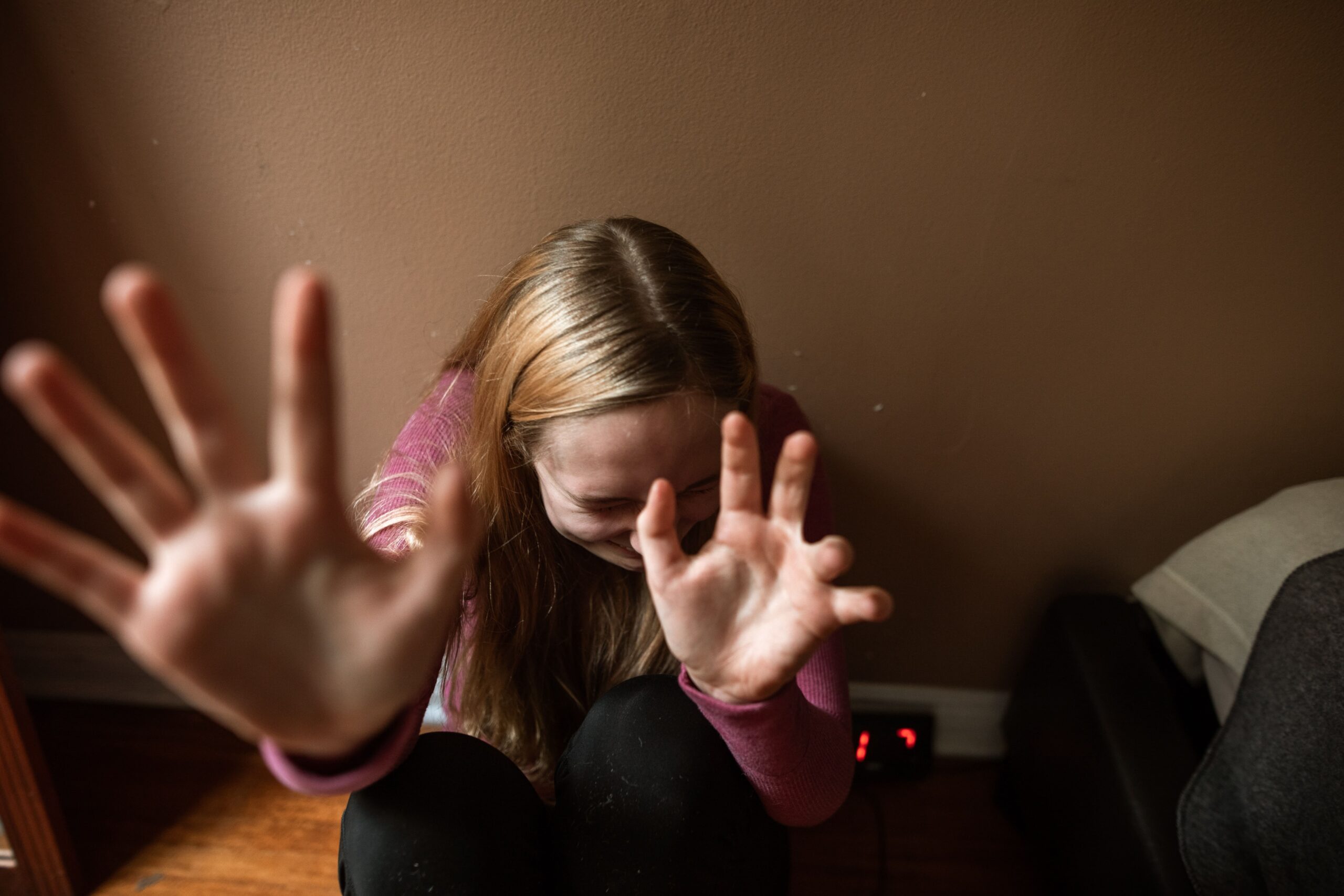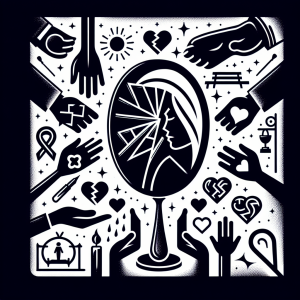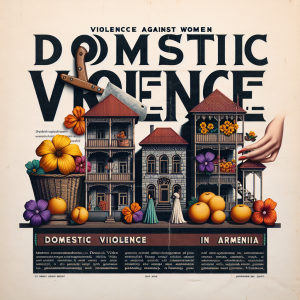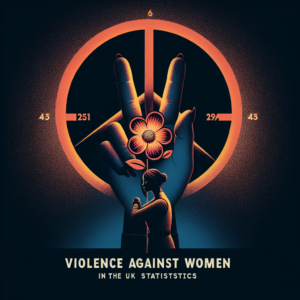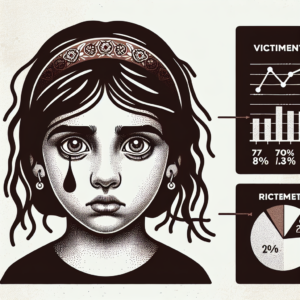Putting an End to Abuse: Empowering Survivors through the Work of Domestic Violence Shelters in Your Area
Introduction:
Domestic violence is a pervasive issue that affects individuals and communities worldwide. Survivors of domestic violence often face numerous challenges, including physical harm, emotional trauma, and psychological distress. Domestic violence shelters play a crucial role in providing support, safety, and empowerment to these survivors. In this article, we will explore the vital work of domestic violence shelters in your area and how they contribute to putting an end to abuse.
Understanding Domestic Violence:
Before delving into the role of domestic violence shelters, it is essential to understand what constitutes domestic violence. Domestic violence involves a pattern of behaviors used by one individual to gain power and control over another person in an intimate relationship. These behaviors can be physical, sexual, emotional, or economic in nature.
Survivors often find themselves trapped in abusive relationships, unable to seek help due to fear, isolation, and a lack of resources. This is where domestic violence shelters come into the picture, providing a safe haven and comprehensive support for survivors.
The Work of Domestic Violence Shelters:
1. Providing Safe Accommodation:
One of the primary services offered by domestic violence shelters is providing safe and secure temporary accommodation for survivors and their children. These shelters are often equipped with strict security measures to ensure the safety and privacy of survivors. Confidentiality is maintained to protect survivors from their abusers.
2. Emotional Support and Counseling:
Emotional support is crucial for survivors to heal from the trauma they have experienced. Domestic violence shelters offer counseling services, both individual and group, to help survivors process their emotions, rebuild self-esteem, and develop coping mechanisms. Trained professionals provide a safe space for survivors to share their experiences and gain emotional strength.
3. Legal and Financial Assistance:
Navigating the legal system can be complex and challenging for survivors. Domestic violence shelters often work in collaboration with legal aid organizations to offer guidance and resources in obtaining restraining orders, filing for divorce or custody, and seeking justice. These shelters also provide financial assistance, helping survivors access essential resources such as housing, food, and transportation.
4. Access to Healthcare and Rehabilitation:
Abuse often leaves survivors with physical injuries and long-term health consequences. Domestic violence shelters connect survivors with healthcare services, ensuring medical attention, counseling, and rehabilitation. They also offer referrals to other specialized services such as mental health professionals and substance abuse programs.
5. Empowerment and Skill-Building:
Domestic violence shelters empower survivors by equipping them with the knowledge and skills necessary to rebuild their lives. Workshops and training sessions are conducted on various topics, including financial literacy, job readiness, parenting skills, and self-defense. These programs aim to enhance survivors’ self-sufficiency and independence, ensuring a life free from abuse.
Frequently Asked Questions (FAQs):
Q1. How can I find domestic violence shelters in my area?
A: There are various ways to find domestic violence shelters in your area. You can reach out to the National Domestic Violence Hotline at 1-800-799-SAFE (7233) for information on shelters near you. Additionally, your local social services agency or law enforcement can provide guidance.
Q2. Are domestic violence shelters only for women?
A: No, domestic violence shelters serve individuals of all genders. Survivors, regardless of their gender, sexual orientation, or age, can seek assistance from these shelters.
Q3. How long can survivors stay at domestic violence shelters?
A: The length of stay at a domestic violence shelter varies depending on the needs of the survivor and the available resources. Some shelters provide short-term emergency accommodation, while others offer longer-term transitional housing programs.
Q4. Can I volunteer at a domestic violence shelter?
A: Yes, many domestic violence shelters welcome volunteers. However, requirements and opportunities may vary. Contact the shelter directly to inquire about volunteering options and any necessary training.
Q5. How can I support domestic violence shelters if I cannot volunteer?
A: There are multiple ways to support domestic violence shelters. You can consider organizing fundraisers, donating essential items such as clothing, toiletries, and gift cards, or advocating for policies and legislation that protect survivors. Monetary donations are also valuable in sustaining and expanding the services provided by these shelters.
Conclusion:
Domestic violence shelters play a crucial role in supporting and empowering survivors of abuse. By offering safe accommodation, emotional support, legal assistance, healthcare access, and empowerment programs, these shelters contribute significantly to putting an end to abuse. By promoting awareness, supporting survivors, and advocating for change, we can collectively work towards a society free from domestic violence. Remember, domestic violence is preventable, and everyone has a role to play in ending abuse.



